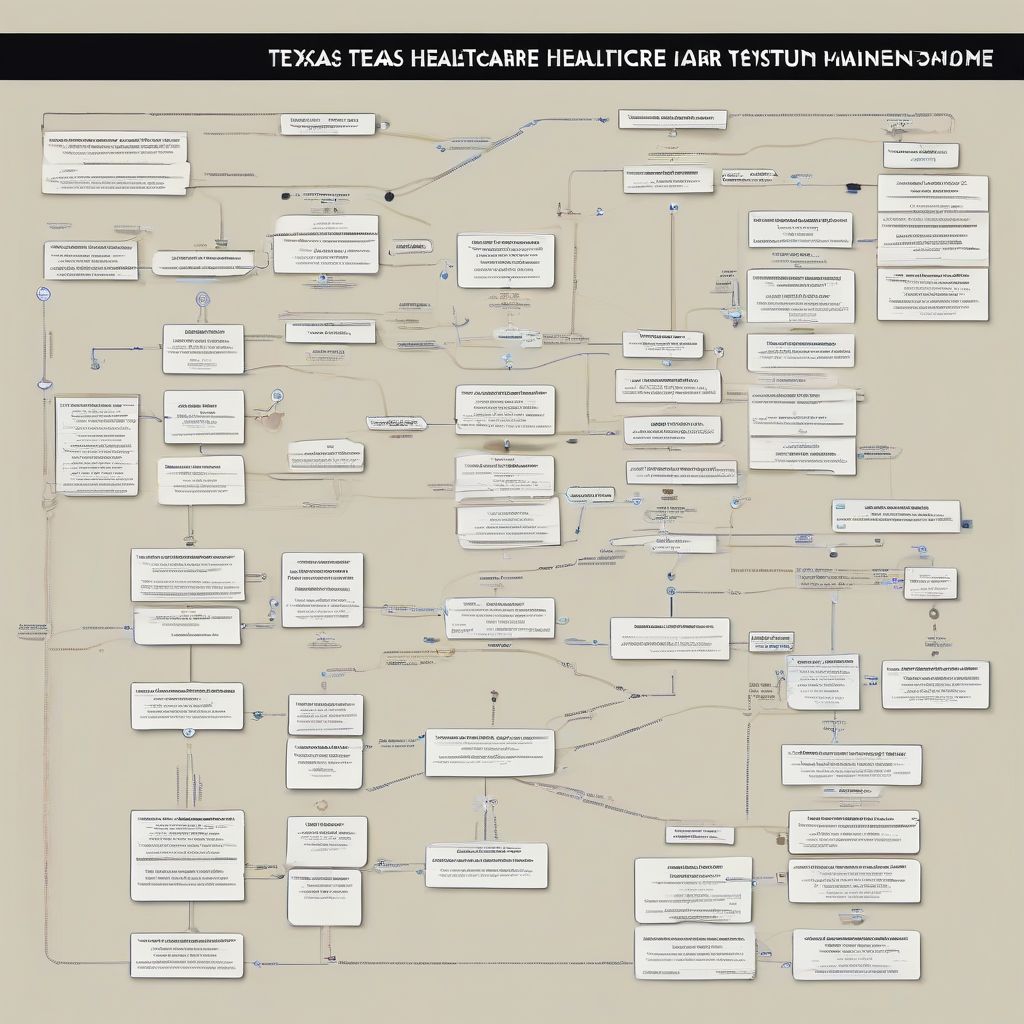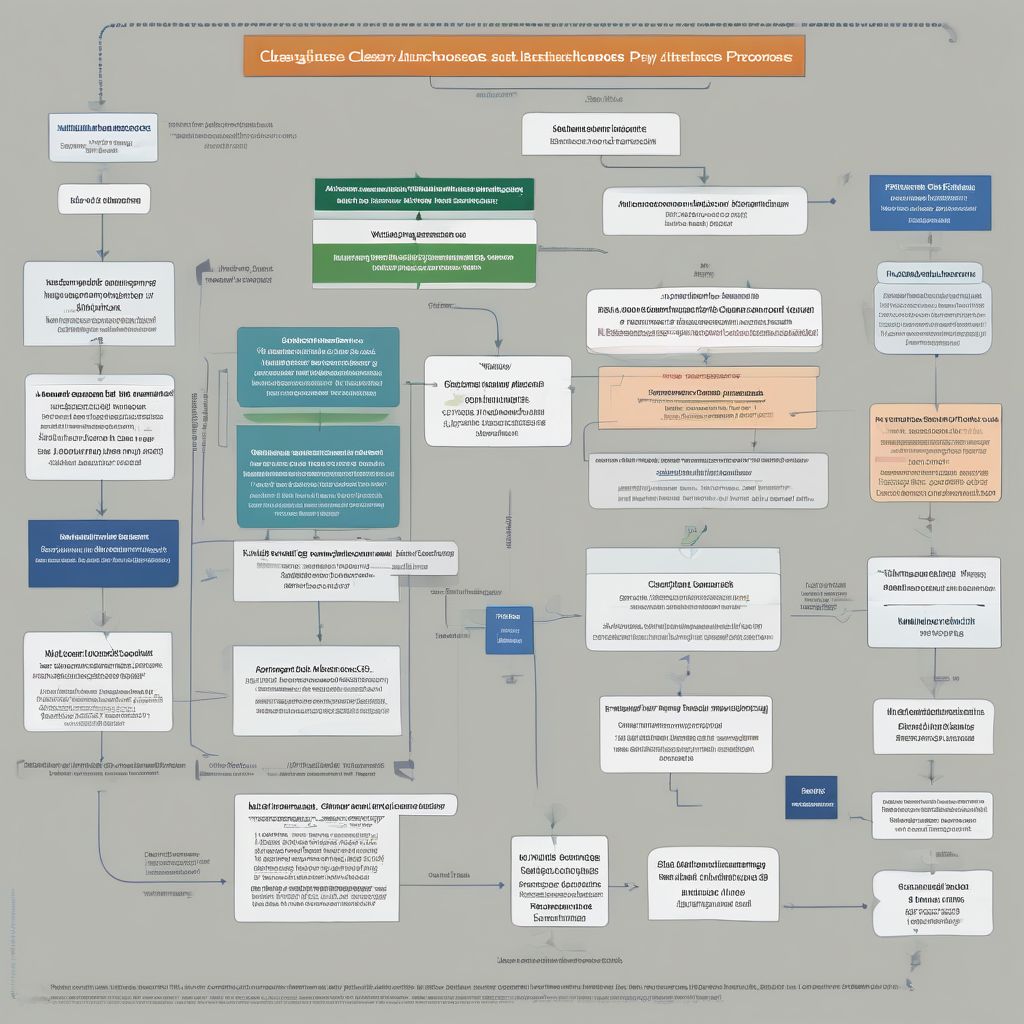Negligence in Healthcare: What You Need to Know
dungcutuve.net/negligence-in-healthcare/">Negligence In Healthcare, often referred to as medical malpractice, occurs when a healthcare professional fails to provide the standard level of care expected within their profession, leading to injury or harm to a patient. This deviation from accepted medical practices can manifest in various forms, from surgical errors and misdiagnosis to improper medication administration and inadequate aftercare.
Common Questions About Healthcare Negligence
The complexities surrounding medical procedures and legal ramifications often leave individuals with numerous questions about negligence in healthcare. Let’s address some of the most frequently asked questions:
-
What constitutes medical negligence?
To establish medical negligence, several elements must be proven. First, there must be a duty of care owed to the patient by the healthcare provider. This duty arises when a doctor-patient relationship is established. Second, there must be a breach of that duty, meaning the healthcare professional deviated from the accepted standard of care. Third, the breach must have directly caused injury or harm to the patient. Lastly, the patient must have suffered damages as a result, which can include physical pain, emotional distress, lost wages, or additional medical expenses. -
What are some examples of medical negligence?
Medical negligence can encompass a broad range of errors, including:- Surgical Errors: Performing surgery on the wrong site, leaving instruments inside the patient, or causing nerve damage during surgery.
- Misdiagnosis or Delayed Diagnosis: Failing to correctly identify a medical condition, leading to delayed treatment and worsening of the condition.
- Medication Errors: Prescribing the wrong medication, dosage errors, or failure to recognize potentially harmful drug interactions.
- Birth Injuries: Negligence during childbirth that results in injury to the mother or child, such as cerebral palsy or brachial plexus injuries.
- Anesthesia Errors: Improper administration of anesthesia, leading to complications during or after surgery.
-
What should I do if I suspect medical negligence?
If you suspect you or a loved one have been a victim of medical negligence, it’s crucial to:- Gather Medical Records: Obtain copies of all medical records related to your treatment.
- Seek a Second Opinion: Consult with another healthcare professional to evaluate your case.
- Contact an Attorney: Consult with an attorney specializing in medical malpractice cases.
Protecting Your Rights and Seeking Justice
Medical negligence can have devastating and long-lasting consequences for patients and their families. Understanding your rights and recognizing the signs of medical malpractice is vital in safeguarding your well-being. While medical professionals strive to provide the best possible care, errors can occur. If you suspect negligence, it’s essential to seek legal counsel to understand your options and pursue appropriate action.
Disclaimer: This content is provided for informational purposes only and should not be considered legal advice. Consult with a qualified attorney for legal guidance on specific situations.




